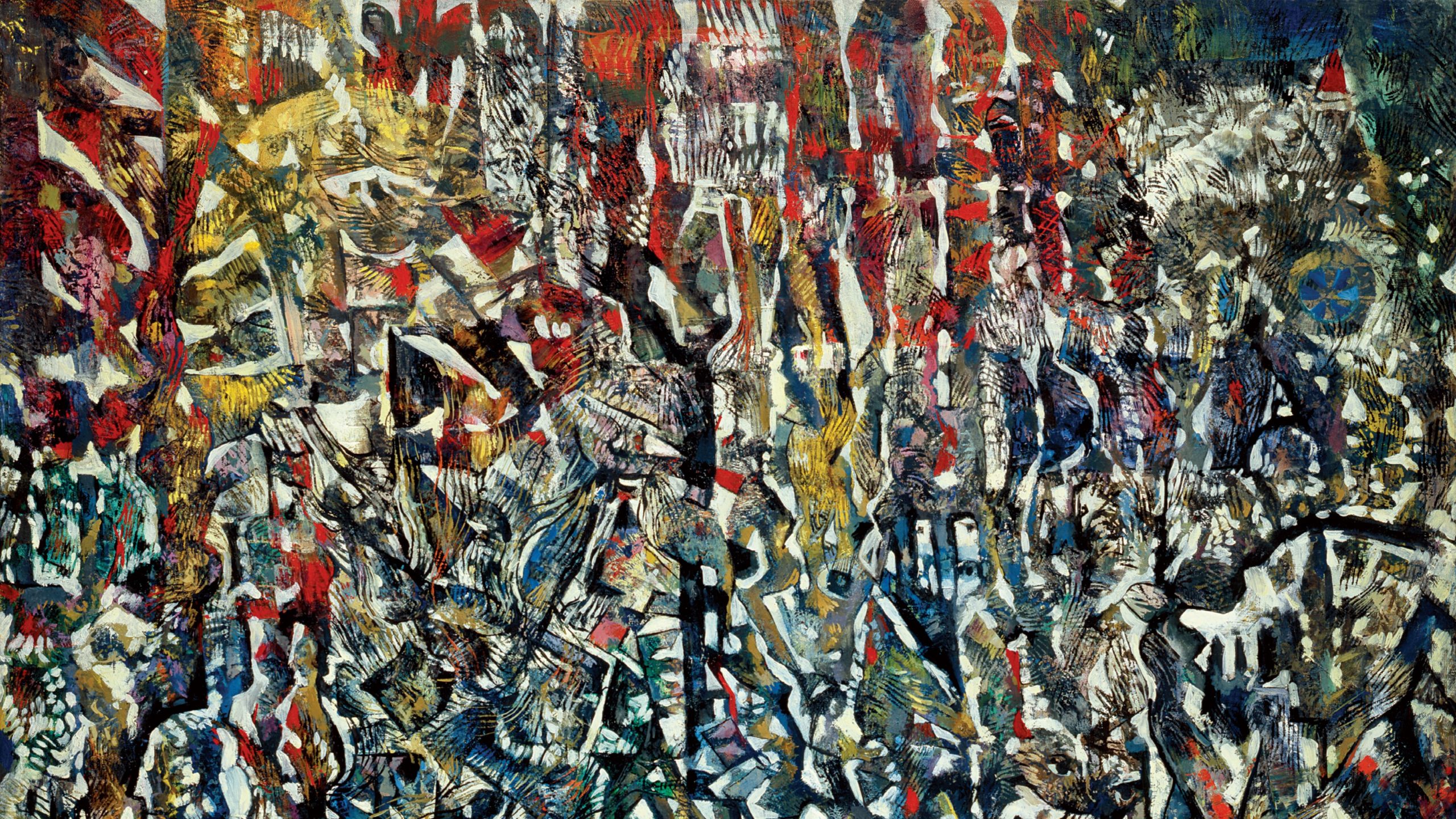
Genesis 11:1-9
Pentecost C28
1 Now the whole earthI hadII oneIII languageIV and the sameV words.VI
2 AndVII as they migratedVIII from the east,IX they came uponX
a plainXI in the landXII of ShinarXIII and settledXIV there.
3 And they said to oneXV another,XVI “Come,XVII let us makeXVIII bricks,XIX
and burnXX them thoroughly.”XXI And they had brick for stone,XXII and bitumenXXIII for mortar.XXIV
4 Then they said, “Come, let us buildXXV ourselves a city,XXVI and a towerXXVII with its topXXVIII in the heavens,XXIX
and let us makeXXX a nameXXXI for ourselves; otherwise we shall be scattered abroadXXXII upon the faceXXXIII of the whole earth.”
5 The LordXXXIV came downXXXV to seeXXXVI the city and the tower, which mortalsXXXVII had built.
6 And the Lord said, “Look,XXXVIII they are one people,XXXIX and they have all one language; and this is only the beginningXL of what they will do;XLI nothing that they proposeXLII to do will now be impossibleXLIII for them.
7 Come, let us go down, and confuseXLIV their language there, so that they will not understandXLV one another’sXLVI speech.”
8 So the Lord scattered them abroad from there over the face of all the earth, and they left offXLVII building the city. 9 Therefore it was calledXLVIII Babel,XLIX because there the Lord confused the language of all the earth; and from there the Lord scattered them abroad over the face of all the earth.
Image credit: “The Tower of Babel” by Endre Rozsda, 1958.
